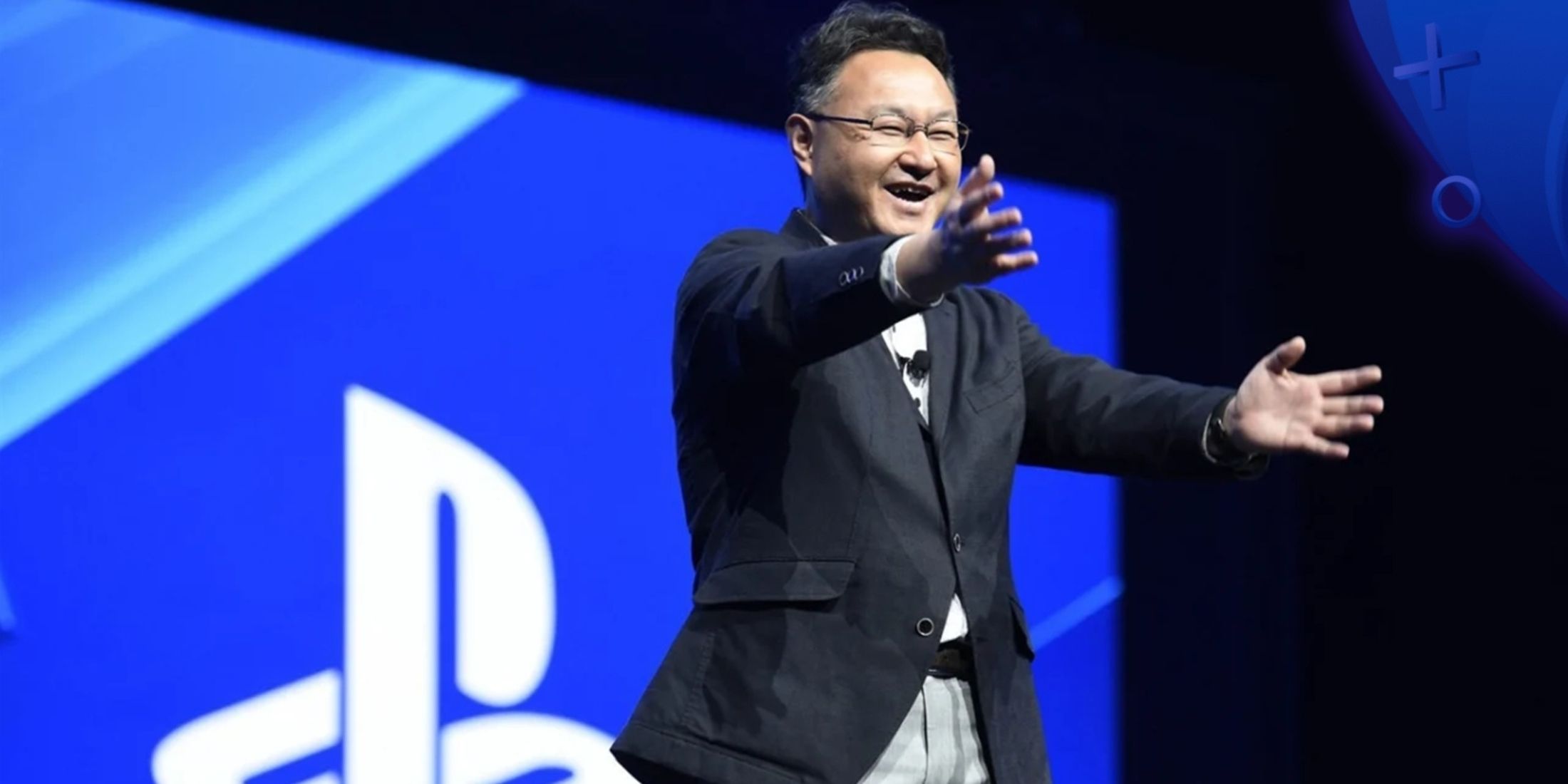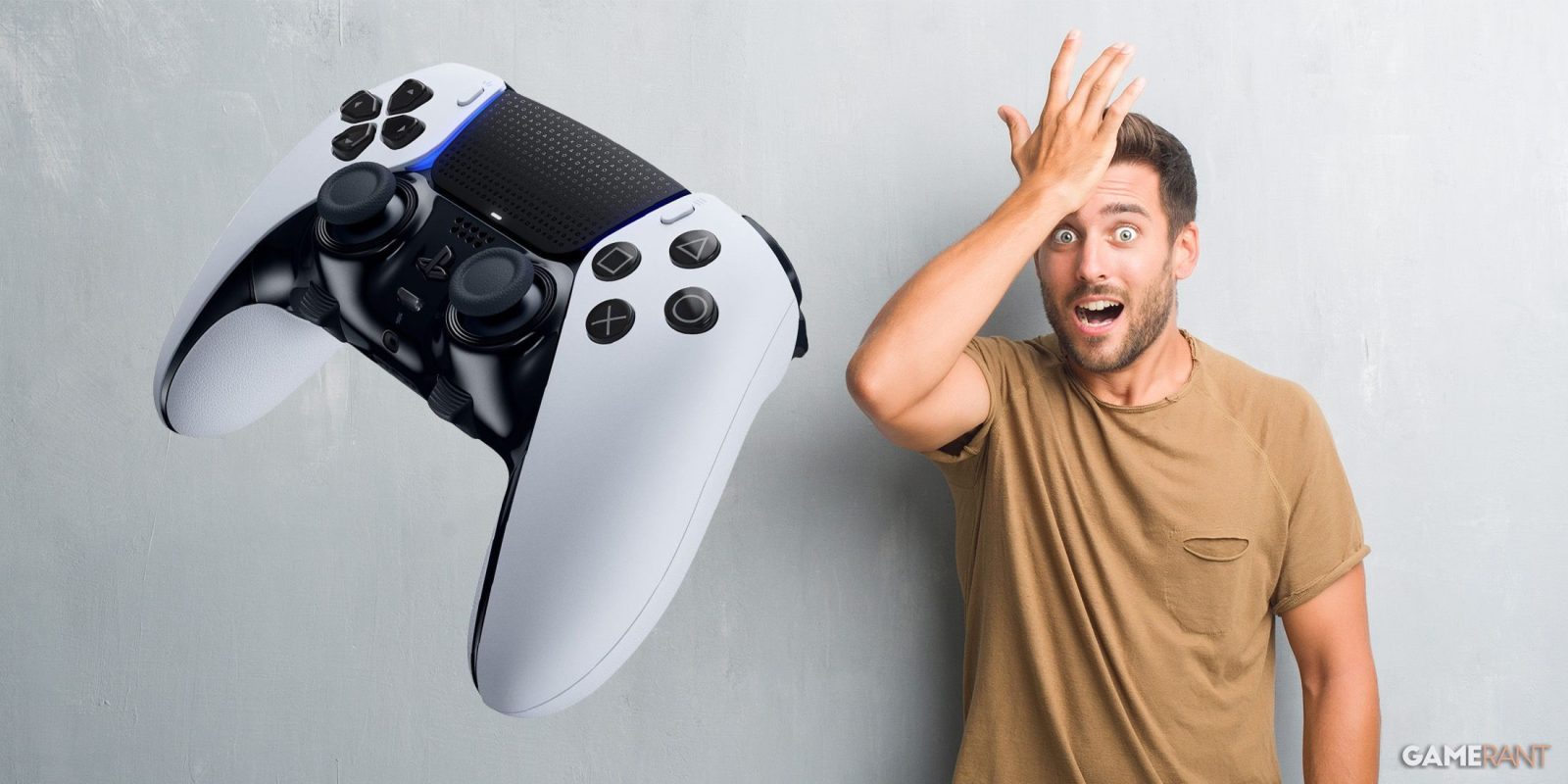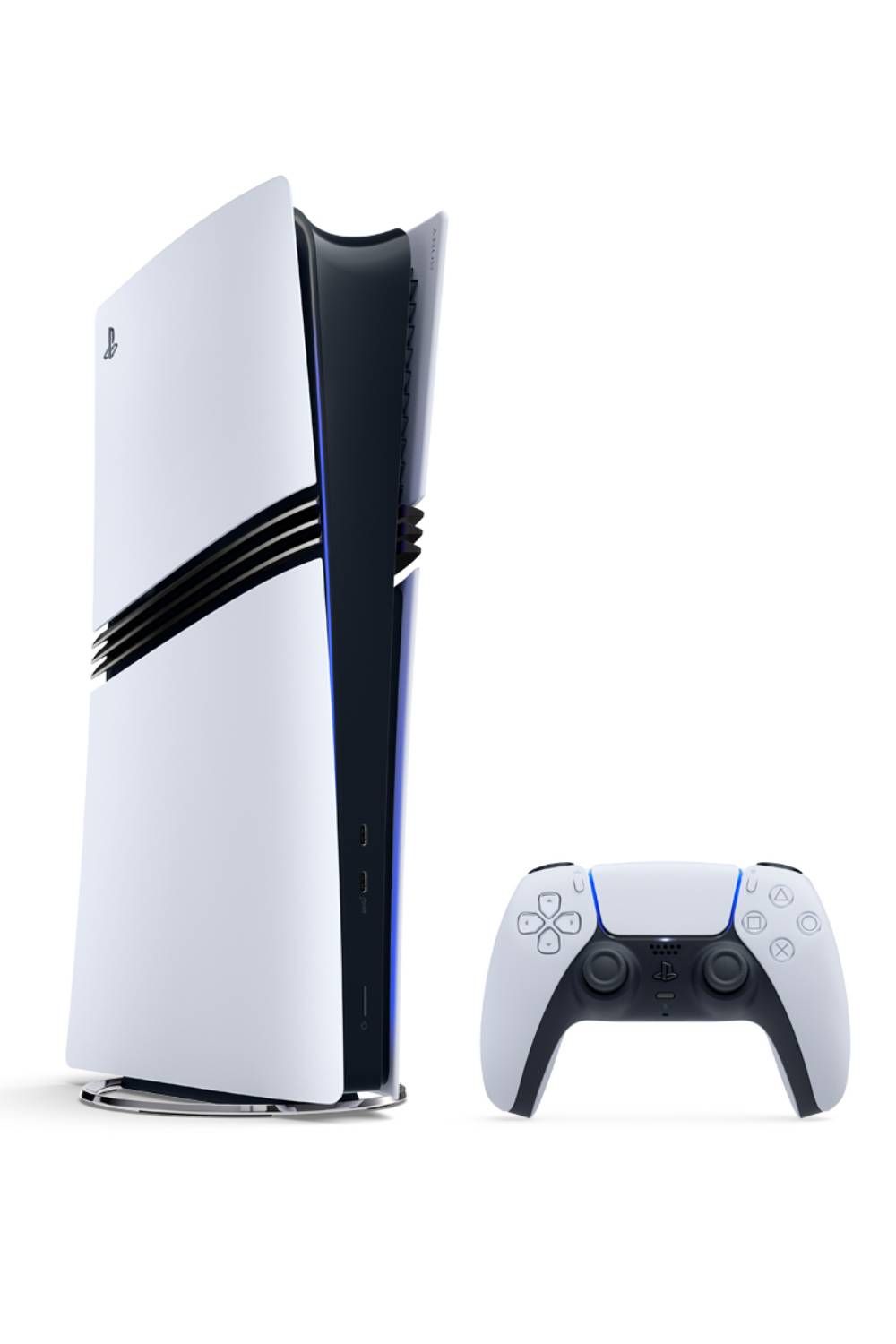PlayStation’s DualSense Edge controller, celebrated for its premium features and customization options, is now at the center of a controversy. The issue stems from the release of the 30th Anniversary Edition PS controller, which has left many fans frustrated. Social media has been buzzing with complaints about the design choice for the joysticks, particularly their color.
This controversy follows an interesting pattern for PlayStation, as the company has faced backlash over the limited availability of its anniversary products. Earlier in 2024, fans struggled to purchase the commemorative lineup through PlayStation Direct. For many longtime supporters, the scarcity of these items, combined with growing concerns about PlayStation’s pricing strategies, has left some wondering about the company’s direction.

Related
Xbox Boss Phil Spencer Praises PlayStation’s Shuhei Yoshida
Xbox’s Phil Spencer offers heartfelt praise to PlayStation’s Shuhei Yoshida as the popular executive announces a major career transition.
PlayStation DualSense Edge Features Fail to Distract Fans
The DualSense Edge debuted on January 26, 2023, as a high-end controller for the PlayStation 5. Designed to cater to competitive players, it comes with several premium features, including adjustable trigger sensitivity, customizable button profiles, back buttons, and replaceable thumbstick caps. Each unit also includes a hardshell carrying case and a charging cord. Originally exclusive to PlayStation Direct, the controller later became available at major retailers, giving more players access to this advanced hardware.
Despite its strong reception, the controversy surrounding the 30th Anniversary Edition has arguably overshadowed the DualSense Edge’s success. The design of the joysticks, a seemingly minor detail, has sparked a wave of criticism online. Some fans have argued that the grey color choice clashes with the rest of the design and diminishes the product’s premium feel.
PlayStation’s Premium Push Sparks Broader Concerns
This latest backlash reflects a broader trend in PlayStation’s recent business strategy. Sony has increasingly catered to high-end consumers, introducing products like the PlayStation 5 Pro with a $699 price tag. The Pro model has been controversial not only for its cost but also for its digital-only configuration, requiring players to purchase a separate disc drive.
While these decisions may appeal to a niche audience willing to invest in premium hardware, they risk alienating the broader PlayStation fanbase. Sony’s dominance in the console market has historically been tied to competitive pricing and consumer-friendly practices. The PlayStation 4, for instance, gained a significant advantage over the Xbox One by offering a more affordable experience.
Lessons from PlayStation’s Past and Potential Solutions
Sony’s current trajectory arguably mirrors the mistakes it made with the PlayStation 3. Released at a significantly higher price than its competitors, the console initially struggled to maintain momentum against the Xbox 360 and Nintendo Wii. A similar misstep now could give Microsoft a chance to gain ground with its Xbox Series X or the upcoming Nintendo Switch successor, which, while not a direct competitor, may still siphon off potential PlayStation customers.
To avoid repeating history, PlayStation must strike a balance between catering to premium players and meeting the needs of the general gaming audience. One solution could involve improving the availability of its limited-edition products. Ensuring that fans can purchase anniversary items without excessive scarcity would help restore goodwill.
Additionally, PlayStation could consider more consumer-friendly pricing strategies for its premium hardware. Offering bundles that include the Pro console and its disc drive at a reduced cost would soften the blow for players hesitant to upgrade. Moreover, emphasizing software improvements and exclusive titles—long a PlayStation strength—could remind fans why they chose the brand in the first place.












Leave a Reply